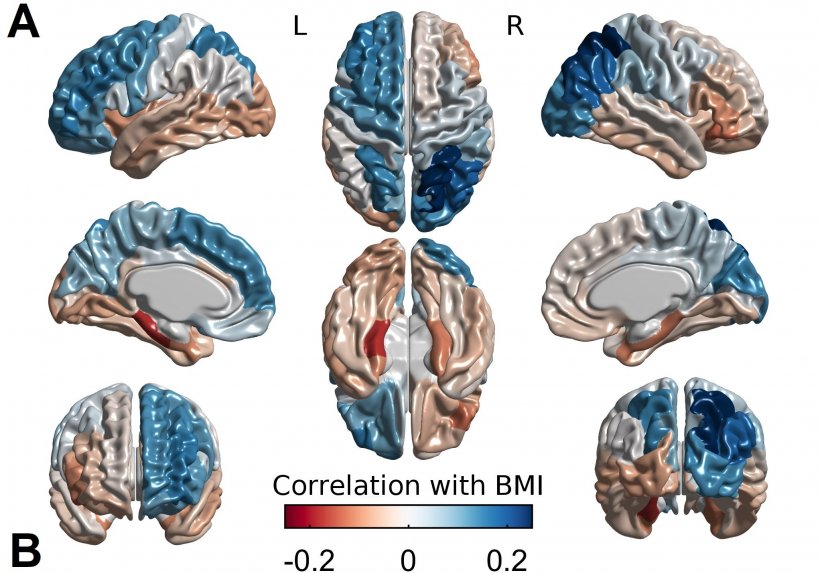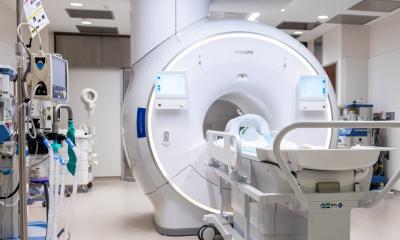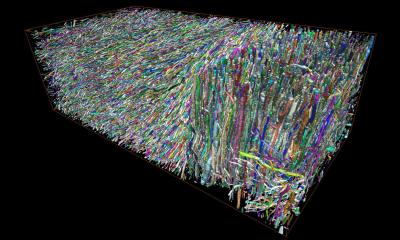
Credit: Uku Vainik
News • Research
Link between obesity, the brain, and genetics
Clinicians should consider how the way we think can make us vulnerable to obesity, and how obesity is genetically intertwined with brain structure and mental performance, according to new research. The study, led by researchers at the Montreal Neurological Institute and Hospital (The Neuro), was an examination of MRI and cognitive test data from 1,200 individuals, supplied as part of the Human Connectome Project.
Researchers found that people with higher a body mass index (BMI) showed reduced cognitive flexibility, ability to delay gratification, visuospatial ability and verbal memory. They also found that people with increased BMI tended to have a thicker left prefrontal cortex and a thinner right prefrontal cortex. Previous studies have shown damage to the right prefrontal cortex can lead to increased eating.
Subjects with higher BMI also had increased volume in the left amygdala, which is believed to play a role in response to food cues. They also had decreased volume in the entorhinal-parahippocampal structures, which are associated with episodic memory and context mediation. This suggests a model where people prone to obesity are more sensitive to visual food cues, and less able to resist them by considering the negative context of eating, like weight gain.
Many of the subjects were siblings, including fraternal and identical twins. This allowed researchers to determine the heritability of the traits as well as obesity, measured by BMI. Using statistical methods, researchers found that many of the cognitive and neurological traits have genetic links with obesity. This suggests the role genetics play in obesity is manifested at least partially through brain anatomy and cognitive functions.
"This research will be useful in developing interventions to help people with obesity," says study's lead author, Uku Vainik, a researcher at The Neuro and the Institute of Psychology at University of Tartu, Estonia. "Modifying neurobehavioural factors with cognitive training, to improve people's ability to resist food, for example, could hold promise. Interventions shouldn't just focus on diet, but also acknowledge the neurobehavioural profile that obesity is genetically intertwined with. Such interventions might help people to stay lean despite their genetic signature."
"This work adds support to the theory that body weight in humans is partly under control of higher-level brain systems involved in cognition, decision-making and motivation," says Dr. Alain Dagher, the paper's senior author. "Furthermore, individual differences in these brain systems that regulate food intake appear to be moderately heritable."
Source: McGill University
31.08.2018





